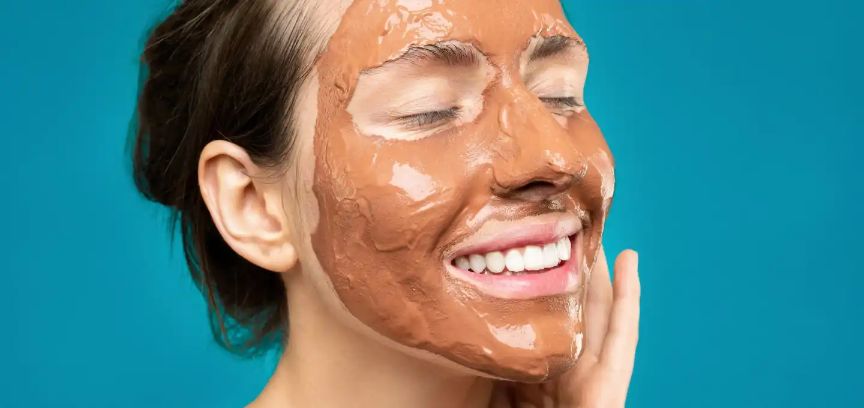The Science of Beauty: Breakthroughs in Anti-Aging
3 min read
03 Jun 2024
In the quest for eternal youth and beauty, science has made remarkable strides in recent years. The field of anti-aging has witnessed breakthroughs that not only challenge the conventional wisdom about aging but also offer promising solutions to combat the signs of time. From cutting-edge ingredients to innovative treatments, this article explores the science of beauty and the transformative breakthroughs in anti-aging.
Understanding the Science of Aging:
Before delving into the breakthroughs, it's crucial to understand the underlying science of aging. Aging is a complex process influenced by both genetic and environmental factors. It involves a gradual decline in various physiological functions, leading to the visible signs we associate with growing older: wrinkles, fine lines, sagging skin, and diminished elasticity.

Several key factors contribute to the aging process:
Collagen and Elastin Degradation: Collagen and elastin are proteins that provide structure and elasticity to the skin. Over time, these proteins break down, resulting in sagging and wrinkles.
Cellular Damage: Cellular damage from factors like UV radiation, pollution, and oxidative stress accumulates over time, leading to premature aging.
Hormonal Changes: Hormonal fluctuations, particularly a decrease in estrogen and testosterone, can affect skin health and contribute to aging.
Genetic Factors: Genetic predispositions can influence how quickly an individual ages and the specific signs of aging they experience.
Advanced Peptides:
Peptides are short chains of amino acids that play a crucial role in the skin's structure. In recent years, advanced peptides have gained attention for their ability to stimulate collagen production and improve skin firmness. Some peptides, like Matrixyl and copper peptides, have demonstrated promising results in reducing the appearance of wrinkles and fine lines.
Retinoids and Retinol:
Retinoids, derivatives of vitamin A, have long been a staple in anti-aging skincare. These compounds promote skin cell turnover, stimulate collagen production, and help fade hyperpigmentation. Innovations in retinoid formulations have made them more tolerable for sensitive skin types, reducing the potential for irritation.
Growth Factors:
Growth factors are naturally occurring proteins that play a role in cell growth, repair, and regeneration. In skincare, growth factors are used to stimulate collagen and elastin production, leading to smoother and firmer skin. EGF (Epidermal Growth Factor) and TGF-B (Transforming Growth Factor Beta) are examples of growth factors used in anti-aging products.
Hyaluronic Acid Fillers:
Hyaluronic acid is a hydrating molecule naturally found in the skin. In the form of dermal fillers, hyaluronic acid is injected beneath the skin's surface to restore lost volume, reduce wrinkles, and enhance facial contours. These fillers provide immediate results with minimal downtime.
In conclusion, the science of beauty and anti-aging is a dynamic field characterized by continuous innovation and discovery. Breakthroughs in ingredients and treatments are reshaping our understanding of aging and offering individuals more effective and customized ways to maintain youthful and healthy skin. Whether through advanced peptides, growth factors, non-invasive procedures, or personalized skincare, the quest for timeless beauty is advancing at an unprecedented pace, providing hope and confidence to those seeking to defy the effects of time.
More Articles



